Twinger Jakob
1346-1420
Jakob von Königshofen
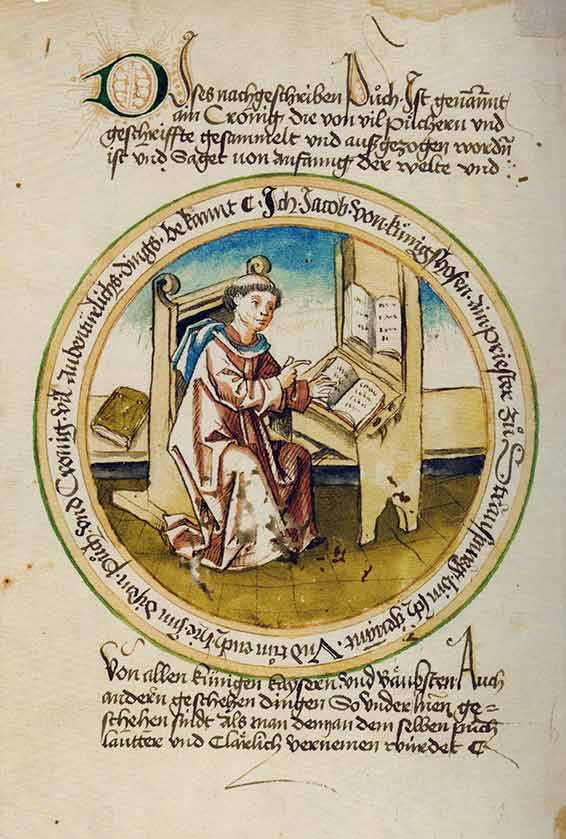 Portrait de Jakob Twinger, ms. de Königshofen
Cgm 7366, Bayerische Staatsbibliothek, f° 1v., vers 1480.
Portrait de Jakob Twinger, ms. de Königshofen
Cgm 7366, Bayerische Staatsbibliothek, f° 1v., vers 1480.
Né en 1346 à Königshoffen (aujourd'hui un quartier de Strasbourg) ; mort le 27 décembre 1420, à Strasbourg.
Chroniqueur, il est ordonné prêtre en 1382. Il est « rector ecclesiae » à Drusenheim en 1383. Il entre en 1395 au chapitre des chanoines de Saint-Thomas à Strasbourg. Il y entreprend la rédaction de son tonaire, contre les fautes et les négligences des copistes. Il explique comment on reconnaît le ton et comment on le classe.
Écrits relatifs à la musique
Tonarius seu libellus de octo tonis (v. 1410)
- Ms. XI.E.9 (2056), Praha, Národní knihovna (dríve Universitní knihovna), origine allemande, daté 1400, f. 229-242.
- MATHIAS FRANZ XAVER, Phototypische wiedergabe des Königshofenschen Tonarius in Cod. XI E 9 der prager Universitätsbibliothek. Graz 1903 (fac-similé du manuscrit, traduction allemande)
- —, Der Straßburger Chronist Königshofen als Choralist. Sein Tonarius. Graz 1903
- MATHIAS FRANZ XAVER, Phototypische wiedergabe des Königshofenschen Tonarius in Cod. XI E 9 der prager Universitätsbibliothek. Graz 1903 (fac-similé du manuscrit, traduction allemande)
- —, Der Straßburger Chronist Königshofen als Choralist. Sein Tonarius. Graz 1903.
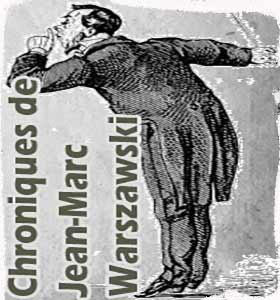
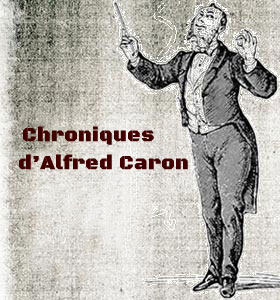
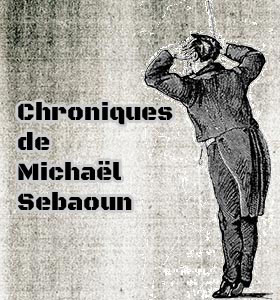
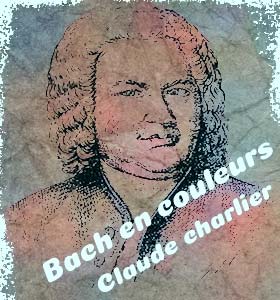
Autres écrits
- Cronica de diversis collecta (non édité, documentation de travail)
- Deutsch Chronik. Première version 1382 ; troisième version 1400-1415 ; édition dans « Chroniken der deutschen Städte » (VIII), Leipzig 1870, p. 153-498 & (IX) 1871, p. 499-910
- Vocabularium. 1399.
Bibliographie
- GéNY J., Glossarien von Königshofen und Closener. Dans « Bulletin ecclésiastique du diocèse de Strasbourg », Strasbourg 1887, p. 157-165
- HUGLO MICHEL, Les tonaires. Inventaire, analyse, comparaison. CNRS et Société Française de Musicologie, Paris Heugel 1971, p. 435
- JOSTES F., Closeners und Twingers Vokabularien. Dans « Zeitschrift für die Geschichte des Oberrheins » (49), Karlsruhe 1895, p. 424-443
- PFLEGER L., Kirchengeschichte der Stadt Straßburg. Colmar 1941, p. 134
- POTTHAST A., Bibliotheca historica medii aevi (II). Berlin 1896; Graz 1954, p. 1076
Documents
Schlager Patricius, Jacob Königshofen. Dans « The Catholic Encyclopedia » (8), Robert Appleton Company, New York 1910.
Chronicler, b. in 1346 at Königshofen, a village near Strasburg, in Alsace; d. at Strasburg, 27 December, 1420. Of his life we have only a few meagre details, as for instance that he became a priest in 1382, that for a time he held the parish of Drusenheim, and that in 1394 he became notary Apostolic and in 1395 a canon of St. Thomas at Strasburg, where he was placed in charge of the archives and kept the stock-books and registers. Very early in life he had devoted himself with special zeal to historical studies, and a Latin "Chronicle" is extant, written by him before he came a priest (edited by Duchesne in "Mitteilungen der Gesellschaft für die Erhaltung der geschichtlichen Denkm ler im Elsass", second series, IV). This work, it is true, only contains extracts from different authors, and is in consequence a mere collection of historical matter, but it was undoubtedly an excellent preparation for his principal work, the "Chronik". The latter he began in 1382; he twice revised it, and brought it down to the year 1415. One of the first universal histories in German prose, it includes also a territorial history of Alsace and a local history of Strasburg. Recognizing the needs of his time, he wrote it for the Klugen, that is, cultivated, lay men, "who read such things as eagerly as learned parsons". His narrative is therefore popular, and frequently enlivened by legends, jokes, and interesting details concerning the lives of the people. He possessed a good knowledge and availed himself very freely of the sources of medieval prose and poetry (particularly Ekkehard, but also Eusebius, Bede, Hermannus Contractus, Martinus Polonus, and others). On the other hand, those sections which treat of contemporary history are very valuable. In politics he was an adherent of King Louis the Bavarian, and to his imperialistic sentiments united a very strongly marked feeling for German nationality. Greatly influenced by the Alsatian chronicler Closener, he has himself been in many cases the authority for later historians. The last chapter of the "Chronik" contains an alphabetical list of historical events with dates, forms thus a kind of compendium of history, and was often copied separately. The "Chronik" was printed as early as 1474, and later at Strasburg in 1698. The best edition is that of Hegel in "Chroniken der deutschen Städte", VIII-IX (Leipzig, 1870-1). In addition we possess a Latin-German glossary by Königshofen, which may, however, in its essential details be traced to Closener.
OBERLIN, De Jacobo Twingero Regiovillano (Strasburg, 1789); SCHNEEGANS, Notice sur Closener et Königshofen (Strasburg, 1842); POTTHAST, Bibliotheca, II, 1076-88. Concerning Königshofen as choralist see MATHIAS, Phototypische Wiedergabe des Königshofenschen Tonarius (Graz, 1903).
Jean-Marc Warszawski
Novembre 1995-12 juillet 2009
 À propos - contact |
S'abonner au bulletin
| Biographies de musiciens | Encyclopédie musicale | Articles et études | La petite bibliothèque | Analyses musicales | Nouveaux livres | Nouveaux disques | Agenda | Petites annonces | Téléchargements | Presse internationale | Colloques & conférences | Collaborations éditoriales | Soutenir musicologie.org.
À propos - contact |
S'abonner au bulletin
| Biographies de musiciens | Encyclopédie musicale | Articles et études | La petite bibliothèque | Analyses musicales | Nouveaux livres | Nouveaux disques | Agenda | Petites annonces | Téléchargements | Presse internationale | Colloques & conférences | Collaborations éditoriales | Soutenir musicologie.org.
Musicologie.org,56 rue de la Fédération, 93100 Montreuil. ☎ 06 06 61 73 41.
ISSN 2269-9910.
Mercredi 28 Janvier, 2026


